One of the most notable signs of a raccoon problem is the noise. Raccoons make a lot of noise when they live in your attic. You can hear both vocalizations and movement noises.
You are most likely to hear raccoon sounds at night because that’s when they are most actively searching for food. You might hear them knocking over your trash can or rummaging around for food.
Raccoon Vocalizations
Raccoons can make over two hundred vocal sounds. Raccoon sounds range from the vocalizations the animals use to communicate with each other.
Listen to raccoon noises
Raccoon vocalizations include:
- purring
- chittering
- growling
- snarling
- hissing
- whimpering
- screeching
Baby Raccoons Noises in Attic
Raccoons use attics as safe places to create dens to give birth and care for the young. If you have a family of raccoons, you will hear the babies in your attic.
Raccoon kits make their distinct sounds like chittering, chippering, mewing, crying, and whining. You might mistake their sounds for birds chirping simultaneously. When they feel threatened or annoyed, the raccoon kits make a high-pitched chirping noise.
Raccoon Movement Noises
Raccoons can weigh as much as twenty pounds. Combined with an average litter size of three to seven kits, raccoons will make noises in your attic.
Listen to a raccoon move above a ceiling
Common raccoon noises in attics include:
- thumping
- running
- rustling
- scratching
- scurrying
The sound of an animal rustling or scurrying about in the chimney is a common sign that a raccoon has moved in.
Typical raccoon sounds also occur when the pests walk across rooftops, construct their dens, or attempt to gain entry through holes or other small openings that lead to attractive denning sites.
Don't know what animal you're hearing in the attic?
Professional Raccoon Removal
If you suspect you have a raccoon problem, call the wildlife removal experts at Trutech promptly, as these wild animals can be incredibly destructive.
If the raccoon problem is active, we trap and remove the raccoon from your home. Once all raccoons have been evicted, install exclusion devices. Your home has proven to provide resources for a raccoon. Ignoring raccoon entry points invites future pest problems.
Repairing damage like frayed electrical wires, destroyed insulation, or disinfecting raccoon feces requires caution and a specific skill set.
At Trutech, we not only remove and exclude the raccoon from your house, but we also repair the damage and clean up the feces.
Call Trutech In To Get Raccoons Out
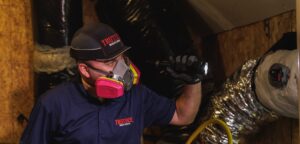
Animal Noises in Attics
One of the most obvious signs that animals have entered your attic is strange noises. The most common nuisance wildlife complaint we hear from homeowners Read More »
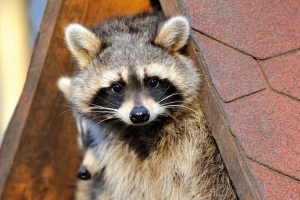
Signs You Have a Raccoon Problem
One of the most common and damaging nuisance wildlife problems is a raccoon infestation. Raccoons are curious and resourceful and have adapted to thrive in Read More »
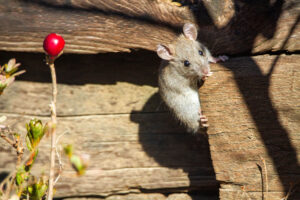
Rat Sounds
Oftentimes, rat sounds are the first indicators of rodent problems within the home. When indoors, these pests can be heard gnawing on floor joists, siding, Read More »
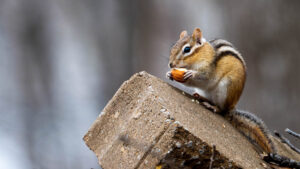
Chipmunk Sounds
Chipmunks most frequently use a high-pitched chirping noise. Their ‘chuck-chuck’ call is often mistaken for birdsong. But when responding to threats, you may hear a Read More »
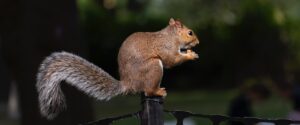
How to Identify Squirrel Sounds
If you hear sounds in your attic during the day, most times it is a squirrel. Squirrels will most likely make noises during the early Read More »
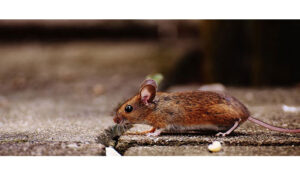
Mouse Sounds
Mice tend to be nocturnal or crepuscular, but they are intelligent animals that adapt to you. They are most likely to be active when you Read More »


